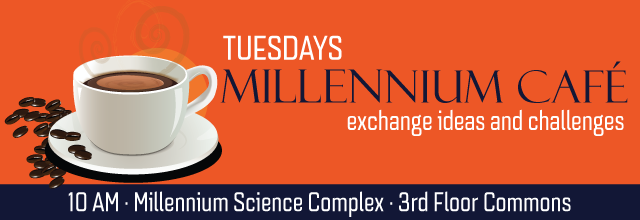
Digital health is inherently data-driven. However, data itself is not adequate. Successful digital health applications require a human-centered approach that transforms data into user experience, empathy, and inclusivity. In this talk, I will focus on how to create digital health applications by integrating a human-centered and data-driven approach. I will also reflect on two ongoing digital health projects: creating supportive financial technologies for marginalized communities and using generative AI to provide personalized health interventions.
Speaker: Saeed Abdullah | College of Information Science & Technology
